Broccoli or Goldfish? Empathy in Toddlers
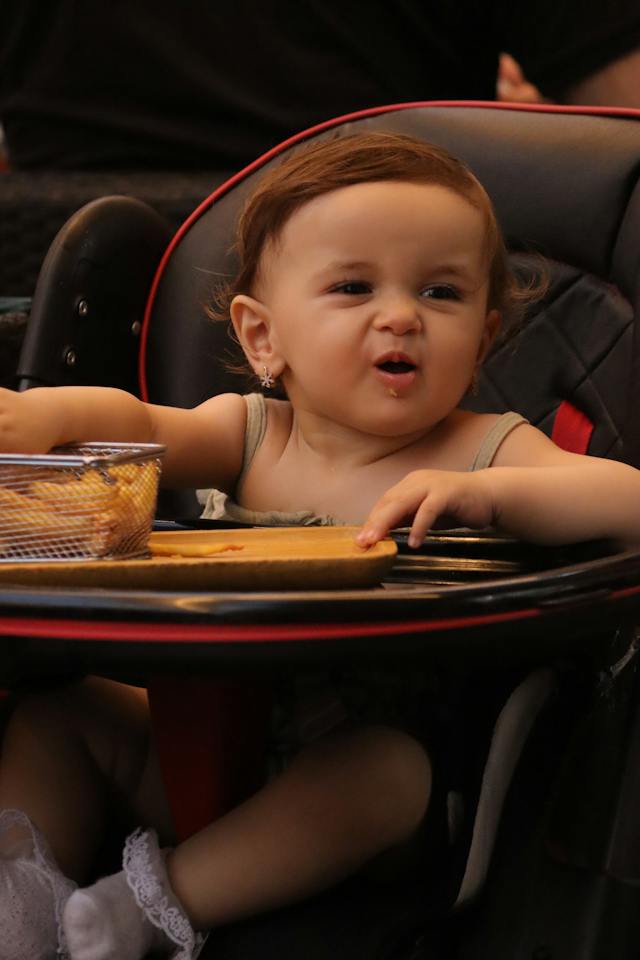
In high chairs everywhere, parents can see the depth and breadth of baby empathy – a profound ability to know that other people like different things and the insight to give the other person what they like. Do you like broccoli or goldfish? Whoa, Piaget is rubbing his eyes in disbelief. Piaget thought children didn’t acquire cognitive perspective-taking until years later – like 7 years later!
Alison Gopnik, author of The Philosophical Baby, and her co-researcher at UCLA Berkeley, changed everything with her famous Broccoli-Goldfish experiment. In the experiment, an experimenter sat at a table with a toddler, a bowl of Pepperidge Farm Goldfish and a bowl of broccoli. All of the babies preferred the goldfish (as Gopnik says “even in Berkeley”). The experimenter would taste the goldfish and the broccoli, making either a happy face or a disgusted face – sometimes matching their likes to what the toddler liked; sometimes liking the broccoli. The experimenter would then hold out her hand and ask for some. Between 14 months and 18 months, the toddlers gave the experimenter the goldfish (they gave what they liked). But after 18 months, the toddlers gave the experimenter the broccoli if that’s what she said she liked.
The research is monumental because it shows that very young children have an enormous capacity to understand other people’s feelings and preferences, even when different than their own. Kids are socially smart. Remarkably, these kinds of social-emotional judgments are critical to short and long term success in life – from sharing and resolving playground disputes to understanding similarities and differences and finding ways to help others.
Of course, you knew babies empathized with one another the first time your baby cried hearing another baby in distress. Or, your child watched your reaction to see if it registered distress when she climbed to the edge of the bed or caught her finger in the door. “Who am I? What do I feel? Am I ok? Are you ok (because if you’re not, then I may be in trouble too)?” These daily questions are part of a glorious process of becoming a person in a world that babies pray is safe and loving, kind and fair.
Empathy is both innate and a complex set of social-emotional skills developed during early childhood. We can marvel at what babies and toddlers understand before 2 years of age and we can engage them to think and feel with kindness and compassion. With a new emphasis on kindness and empathy, children are learning to care about others and the world in interesting ways. Parents are helping with those skills every day.
Teach empathy with empathy
Empathy is the antithesis of the flight-or-fight response. Stress, mistrust and fear set up defensive postures that preclude the possibility of considering another’s point of view. So every time you are responsive to your child’s feelings, acknowledging emotional states, your child believes the world is safe and trustworthy. Tuning-in to a toddlers emotional states allows your child to recognize his emotions, including the unsettling ones that can make him feel out of control. As your child learns to identify and understand his own emotions, he has a greater capacity for understanding other people too.
It’s a great big feeling world
Children study your emotions first. They will kiss your boo boo’s when you are hurt and even become very skilled at pushing at your buttons. Then, they start to role play, trying on different emotions and different perspectives. They hug stuffed animals and feed crying baby dolls learning to nurture as well as be nurtured. As they approach the two’s, they revisit emotional experiences through characters in books like Llama Llama. They collect experiences to build all kinds of knowledge of what’s right and fair. Feelings are an exciting part of their growing world.
Empathetic problem solving
Feelings quickly become of social-emotional problem solving with parents as the emotional coach. From tantrums to toy-tug-of-war, toddlers are learning to express calmly what they want what and what their friends want. They learn with guidance that friends don’t like to be hit or have toys grabbed from them. Then they learn through practice to wait for a friend to finish a turn. They learn that grown-ups will stop them from hurting other people, especially lashing out at parents. Empathetic problem solving teaches even young children essential self-management skills because it isn’t just about controlling behavior. Empathetic problem solving is understanding the feelings behind the actions.
Mindful Role Model
Empathy is a kind of “thoughtfulness”. Your child learns to think about other people’s feelings as well as their own. You are the first and most important role model sharing your feelings and expressing how to think and feel about those feelings. As parents become skilled at managing anger, frustration, likes and preferences, wants and needs, children learn to choose behaviors that are helpful, thoughtful, and most importantly effective in the situation.
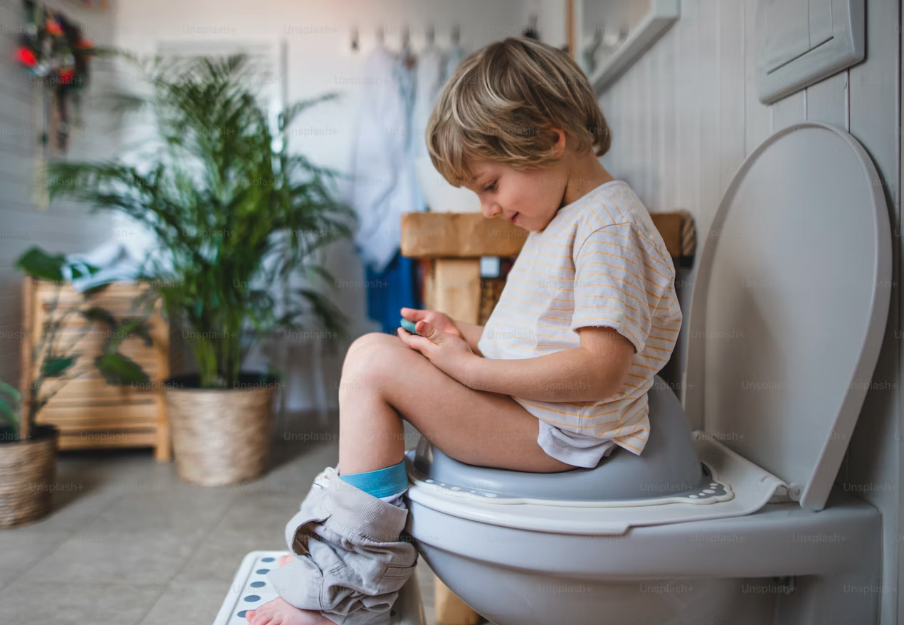
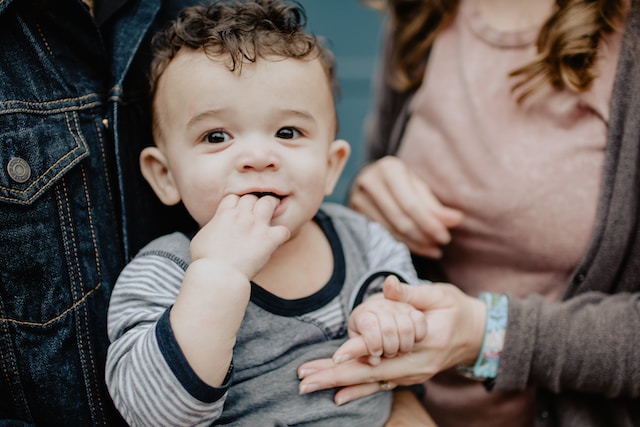
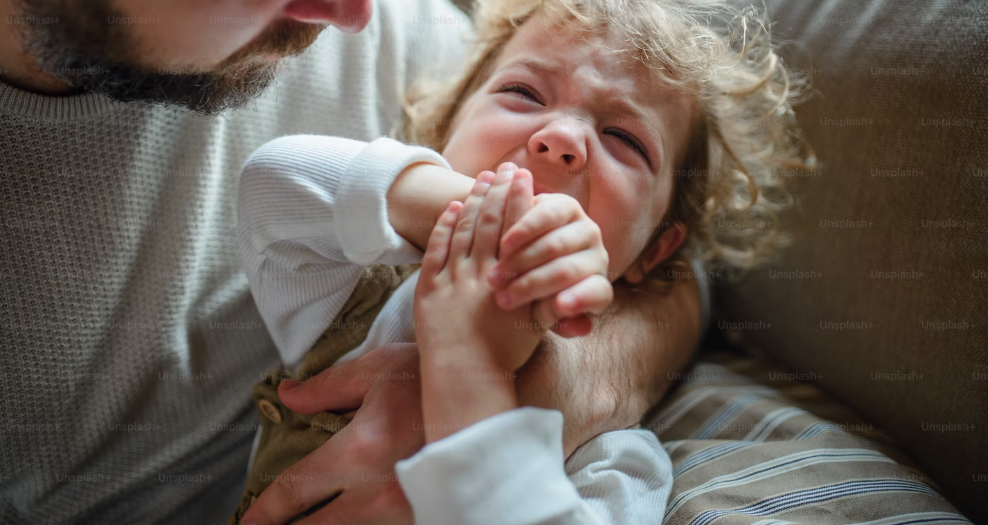
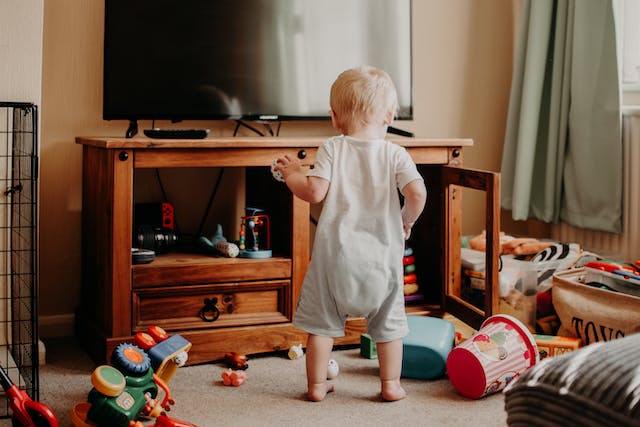
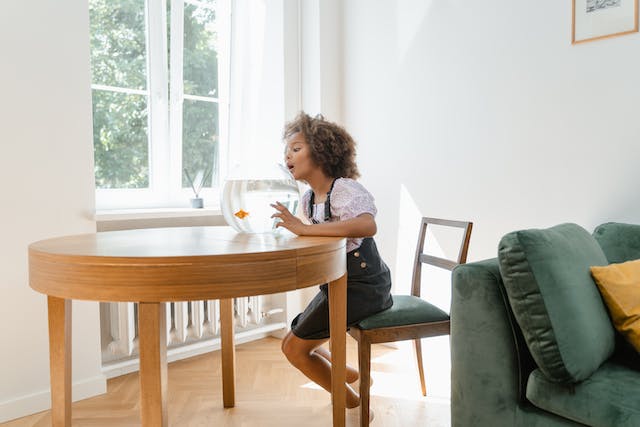
Follow Us
Join the conversion. Make sure to follow us on our social platforms for the latest content and FamilyTime news.